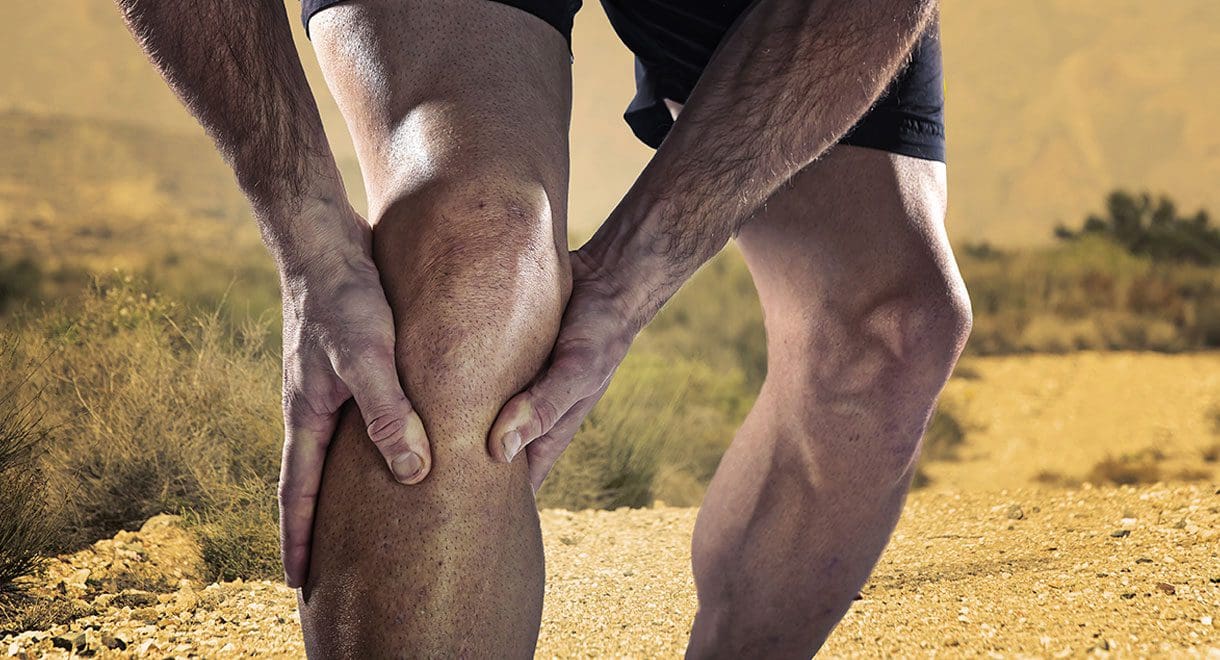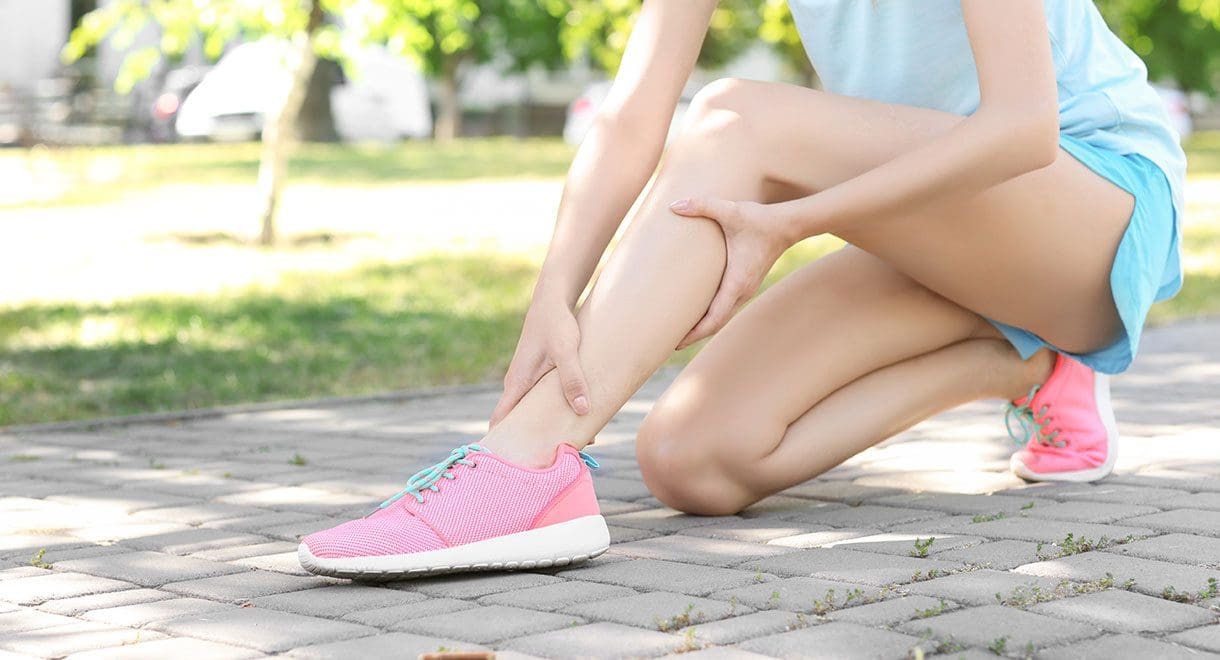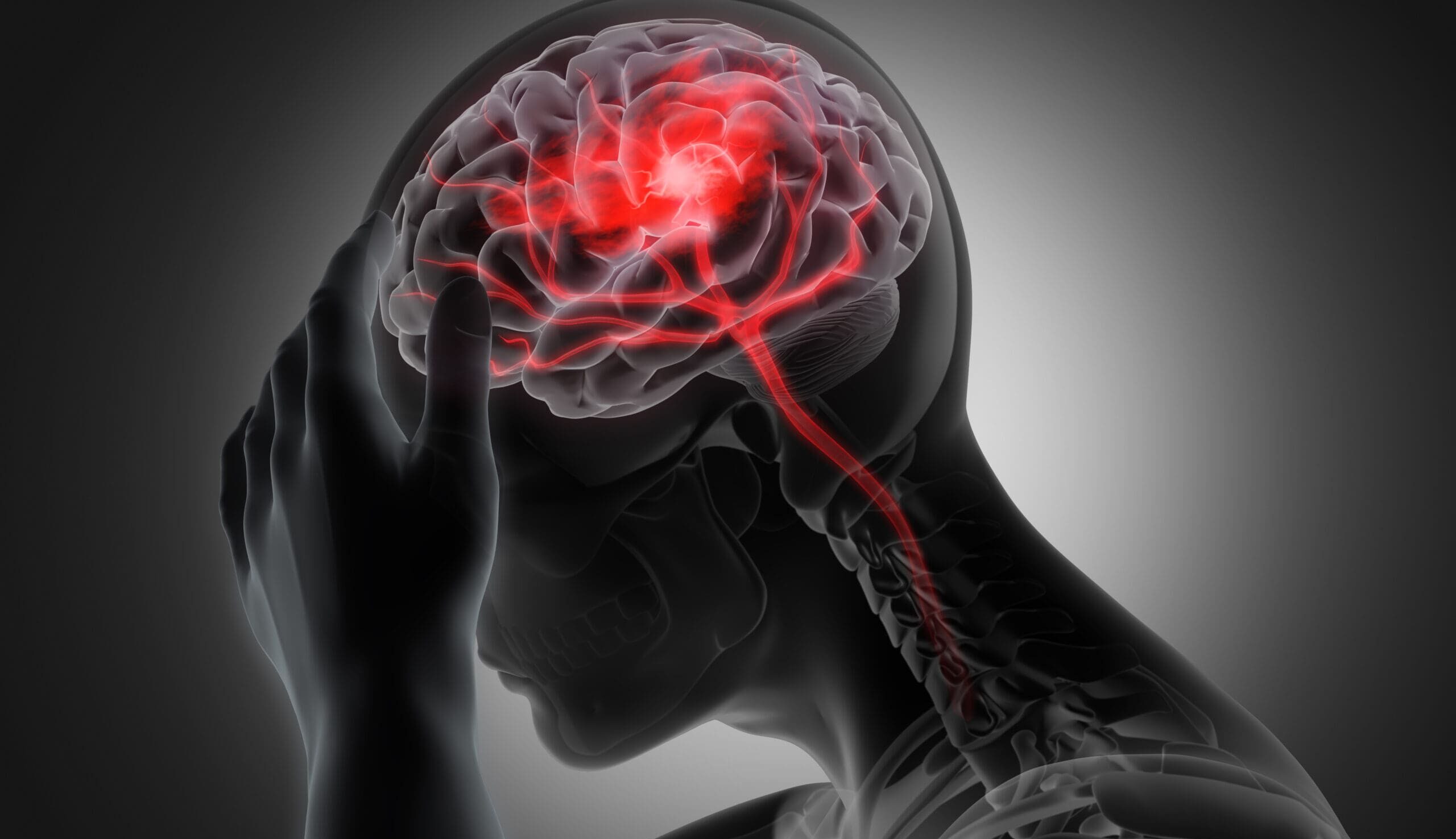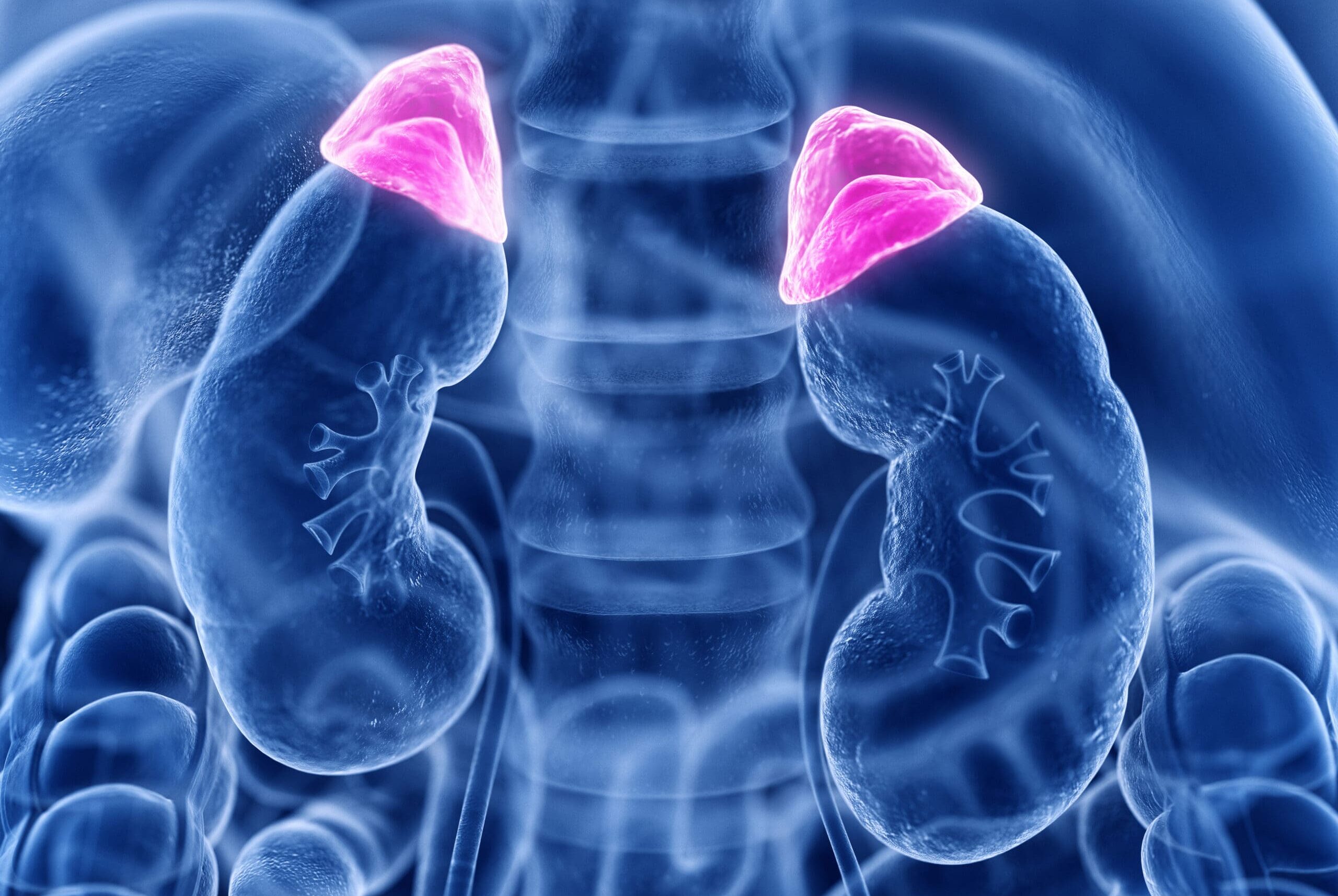Solutions for painful leg cramps
By naturopath Margaret Jasinska
Leg cramps are a common problem, typically occurring in the calf, foot or thigh. They usually come on in an instant and cause intense, grabbing pain. Most of us have experienced a cramp like this at some point in our life. They are more common in summer if you have been sweating excessively and losing minerals in your sweat.
However, some people are woken several times each night with searing pain that leaves them hobbling around the bedroom. Cramps like that aren’t just a nuisance; they are an indicator that something in your body is not in balance. The cramps can be so intense that the affected muscle feels sore the next day. Regularly experiencing cramps can greatly interfere with sleep quality, leaving you feeling fatigued and drained the next day.
Several different things can cause muscle cramps. In order to prevent them, you first need to find out why they are happening.


Your muscles need minerals
Your muscles need a range of different minerals to enable them to contract and relax properly. A deficiency of one or more of these minerals can leave you prone to cramps. These minerals include magnesium, sodium, potassium and calcium. Intense sweating, diarrhoea and vomiting are the most common ways of developing a sudden, acute deficiency in these minerals. That’s why muscle cramps are most common after these conditions. Magnesium is required for muscles to be able to relax properly, and magnesium insufficiency is the most common cause of muscle cramps, as well as twitching muscles.
If painful muscle cramps are a regular problem for you, this list should be able to offer you some help:
- Having tight, inflexible muscles places you at greater risk of getting cramps. This applies mostly to women who wear high heels all day. Try to spend a few minutes each day stretching your calf muscles while pushing against a wall.
- Dehydration can promote a muscle cramp. Try to drink between 8 and 10 glasses of water each day, or cups of herbal tea. This is most important in hot weather or if you’ve been exercising.
- You may need to add more salt to your diet. People who eat a lot of processed food and snack foods usually have a high salt intake. However, if you are eating all home prepared meals and you are losing sodium through sweat or other means, you might not be getting enough salt to replace it. Try adding more good quality salt to your meals, as long as you don’t suffer with high blood pressure.
- Injury to nerves can cause muscle cramps. For example, an injury or disc problem in the spine that affects the sciatic nerve can cause the muscles in the legs to become twitchy and prone to cramps. It is best to see a physical therapist or osteopath to help with this problem.
- Sometimes muscle cramps are the result of poor blood supply to a muscle because of blocked arteries. In the same way that arteries supplying the brain or heart can become blocked, so too can arteries in the legs or thighs. This is more common in individuals over the age of 40. It is best to see your doctor, who can assess the health of your arteries. If you want to keep your blood thin and improve your circulation, try to eat oily fish regularly (eg. Wild salmon, trout, sardines, herrings, mackerel). Drinking raw vegetable juices regularly is also a powerful way of helping to keep your blood healthy. Vegetables are an excellent source of potassium and deficiency of this mineral may be responsible for cramps.
- Some medication can increase the likelihood of muscle cramps; most commonly fluid tablets (diuretics). Sometimes a prescription diuretic is necessary, but they do tend to deplete the body of minerals, particularly magnesium. Antacid medication such as Nexium and Somac deplete the body of magnesium also.
- Iron deficiency can sometimes cause muscle cramps. It is best to ask your doctor for a blood test.
These suggestions are very helpful for the majority of cases of muscle cramps, but please see your own doctor if symptoms persist.









how do u deal with arthritis pain if you have NAFLD ??
Hi Julie,
Taking natural anti-inflammatory/ joint support supplements such as Natural Pain Manager and Collagen Food Powder will help.
Pain killers place a lot of strain in the liver, in particular paracetamol so best to avoid that if possible.
Ultimately, you need to work on reversing your fatty liver – we have a book on this:
We have an article on arthritis here:
Kind regards,
Louise
is it true that there is always an amount of fat in the liver ??
Hi Julie,
A healthy liver will break down fat for elimination, not store it.